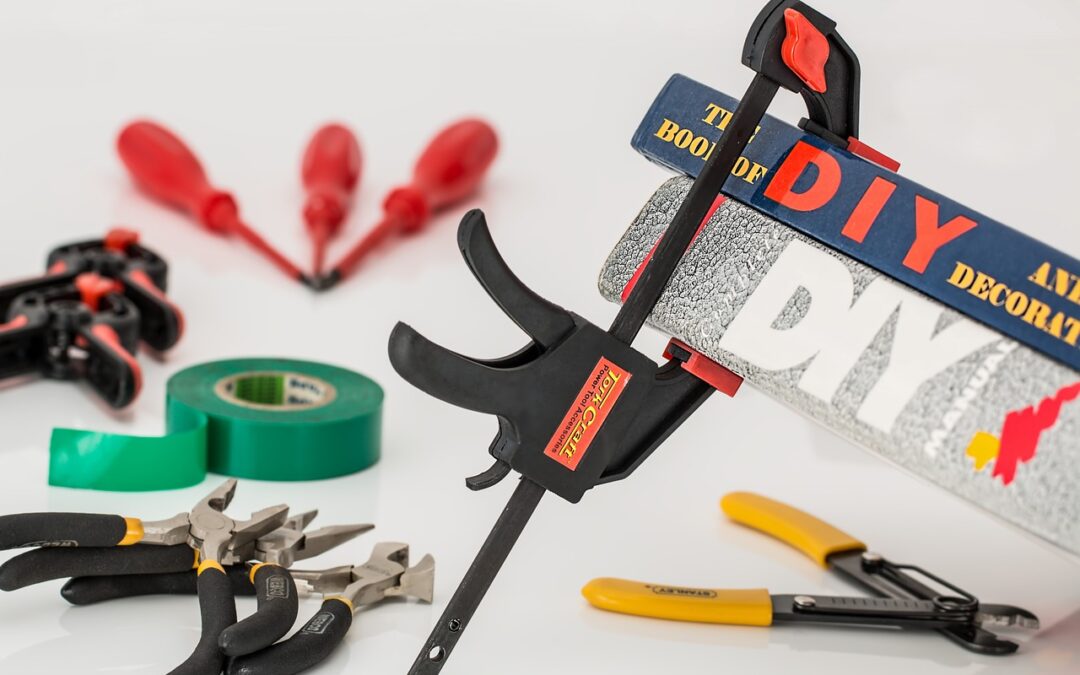When it comes to home improvements, some changes may not translate into added value for your property. Symbolically, choosing the right upgrades is crucial.
Curious to know which home improvement is least likely to boost your home’s worth? Understanding this aspect could save you time and resources.
Stay tuned to uncover the pitfalls to avoid and discover how the Pam Merriman Group can offer invaluable insights into navigating the real estate landscape effectively.
Key Takeaways
- Replacing wall-to-wall carpeting with hardwood floors can notably enhance property value.
- Neglecting maintenance tasks can lead to decreased home value over time.
- Understanding market trends is crucial for making informed real estate decisions.
- Expert real estate guidance from the Pam Merriman Group can optimize your property investments.
Common Home Renovations With Low ROI
When considering common home renovations with low ROI, replacing wall-to-wall carpeting with hardwood floors is a notable upgrade. Many homeowners make renovation mistakes by overlooking the importance of ROI analysis when choosing projects. In this case, the switch from carpet to hardwood not only enhances the aesthetic appeal of your home but also offers a safer environment.
Hardwood floors are easier to clean and maintain compared to carpets, reducing the accumulation of allergens and dust mites. This improvement is particularly beneficial if you or your family members have allergies or respiratory issues. Additionally, hardwood floors are more durable than carpeting, decreasing the risk of tripping hazards due to worn-out or torn carpets. By investing in this renovation, you not only increase the safety of your home but also potentially enhance its value over time.
Moreover, from an ROI perspective, hardwood floors have a higher perceived value among potential buyers compared to wall-to-wall carpeting. This means that in the event of selling your home, you’re more likely to recoup a larger portion of the investment made in hardwood floors. Therefore, when aiming for renovations that offer both safety benefits and a decent ROI, replacing wall-to-wall carpeting with hardwood floors stands out as a wise choice.
Factors Impacting Property Valuation
To accurately assess the value of a property, consider various factors that influence its valuation. When evaluating a property, factors such as property location and interior design play a crucial role in determining its worth.
-
Property Location: The location of a property is a key factor that affects its valuation. Properties in desirable neighborhoods with good schools, low crime rates, and convenient access to amenities tend to have higher values. On the other hand, properties in less desirable locations may have lower valuations, even if they’re well-maintained.
-
Interior Design: The interior design of a property can significantly impact its value. Homes with modern, updated interiors featuring high-quality finishes and fixtures are generally more appealing to potential buyers and can command higher prices. Conversely, properties with outdated or poorly maintained interiors may have lower valuations as they require additional investment to update.
-
Market Trends: Market trends also play a vital role in property valuation. Factors such as supply and demand, interest rates, and economic conditions can influence how much a property is worth. Staying informed about the current market trends can help you make better decisions when buying or selling a property.
Overlooked Home Improvement Pitfalls
Avoid underestimating the impact of overlooked home improvement pitfalls on your property’s overall value. Making landscaping mistakes can significantly reduce the curb appeal of your home. Poorly maintained or overgrown yards can make your property look unkempt and decrease its market value.
Similarly, interior design blunders such as outdated fixtures or overly personalized decor can turn off potential buyers. It’s essential to keep a neutral and modern aesthetic to appeal to a broader audience and maintain your home’s value.
DIY disasters are another common pitfall that can negatively affect your home’s worth. While DIY projects can be cost-effective, they can sometimes result in subpar workmanship that decreases the overall quality of your property. Poorly executed renovations or repairs can lead to costly fixes down the line, impacting your home’s value in the long run.
Overlooking maintenance tasks is also a critical mistake that homeowners often make. Neglecting routine maintenance, such as fixing leaks, repairing faulty wiring, or addressing structural issues, can cause significant damage over time. Regular upkeep is essential to preserving your home’s value and preventing potential depreciation. By staying proactive and addressing maintenance tasks promptly, you can protect your investment and maintain or even increase your property’s overall value.
The Role of Market Trends
Understanding market trends is crucial for homeowners looking to make informed decisions about their property investments. When considering home improvements, it’s essential to align your choices with what the market demands. Here are some key factors to consider:
-
Pricing strategies: Market trends can significantly impact pricing strategies. Being aware of whether the market is leaning towards a buyer’s or seller’s market can help you set the right price for your property. Overpricing in a buyer’s market can lead to your property sitting on the market for longer periods, while underpricing in a seller’s market may result in missed opportunities.
-
Buyer preferences: Market trends also shed light on buyer preferences. Understanding what features and amenities are currently in demand can guide your decision-making process when planning home improvements. For instance, if open floor plans are popular in your area, investing in removing walls to create a more open layout could appeal to potential buyers.
-
Timing considerations: Market trends can fluctuate seasonally, affecting when it’s the best time to list your property. Being aware of these trends can help you strategize the optimal time to put your home on the market, potentially leading to a quicker sale at a better price.
Leveraging Expert Real Estate Guidance
Considering the market trends can provide valuable insights when seeking guidance from real estate experts to enhance your property investments. When it comes to making informed decisions about your real estate ventures, leveraging expert real estate guidance is crucial. Real estate consulting services offer a wealth of knowledge and experience to help you navigate the complexities of property evaluation and investment.
Expert real estate consultants, like the Pam Merriman Group, can provide you with tailored advice based on their deep understanding of the market. By tapping into their expertise, you can gain valuable perspectives on current market conditions, property valuations, and investment opportunities. These insights can help you make strategic decisions that align with your financial goals and risk tolerance.
Property evaluation is a key aspect of real estate consulting services. Consultants can assess the value of properties through comprehensive analyses, considering factors such as location, market trends, and property condition. This evaluation ensures that you have a realistic understanding of a property’s worth before making any investment decisions.
Conclusion
In conclusion, when considering home improvements, it’s important to weigh the potential return on investment.
While some renovations may not significantly increase the value of your home, working with a knowledgeable real estate team like The Pam Merriman Group can help you navigate the market and make informed decisions.
Don’t overlook the impact of market trends and expert guidance when it comes to maximizing the value of your property.


